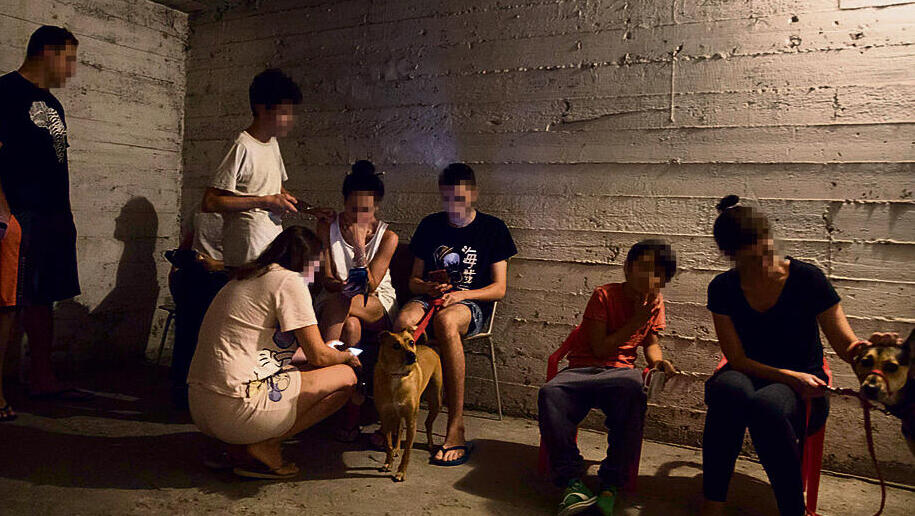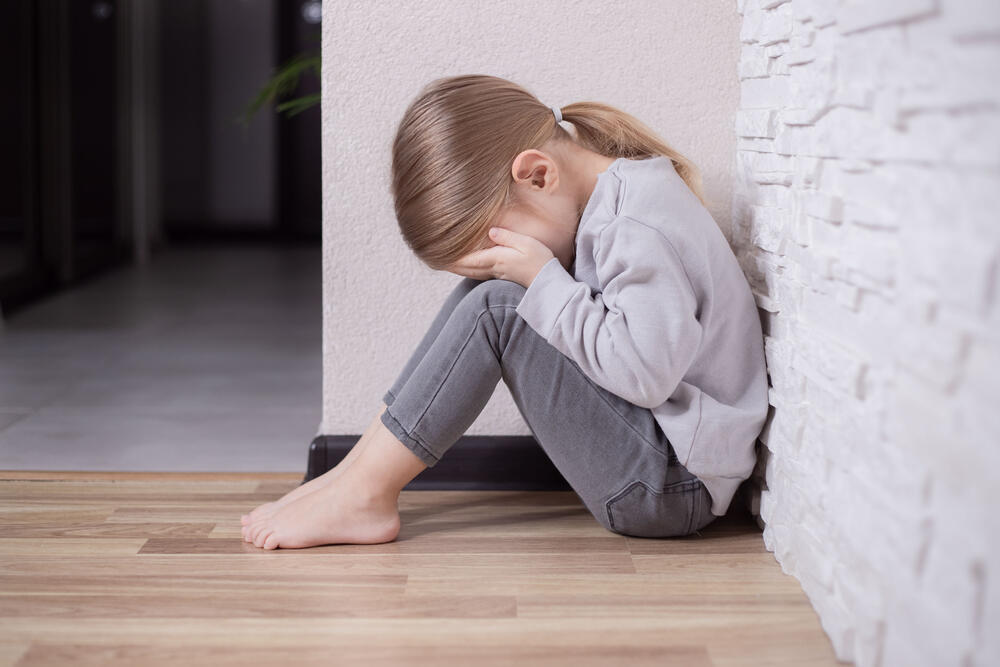The overwhelming majority of Israeli children have been grappling with emotional distress since October 7, but only a few of them are receiving mental health assistance, according to a recent study conducted by the Israeli Pediatric Association and the Goshen Association.
Read more:
Based on responses from nearly 500 children, representing both the Jewish and Arab populations, more than 83% of the children have been experiencing distress since the outbreak of the war.
The situation is even more severe for children residing in communities near the Gaza border or those displaced from their homes, with 93% of them reporting feeling emotional distress. Notably, over 62% of the children reported experiencing anxiety in the last two months.
As for their parents, the situation is dire as well. 36% of them reported dealing with emotional distress, and 39% with feelings of anxiety. Another alarming statistic reveals that only 14% of parents reported seeking any form of support, and even if they desired help, it's uncertain whether there are resources available. Meanwhile, the Health Ministry's plan to address the burgeoning mental health crisis has not yet been finalized and approved.
The mental health system was struggling to keep up with demand even before the start of the war, grappling with an extreme personnel shortage. Non-competitive salaries are driving psychiatrists, psychologists and social workers into the private sector, making it challenging to enforce regulations, especially regarding psychiatric staff in hospitals.
Even before October 7, people struggled to receive help from the system and were forced to reach deep into their pockets to access crucial psychological treatment. According to estimates, the number of citizens in need of professional assistance is expected to surge post-war. The looming question is, who will take care of them? It's a substantial concern.
My child refused to leave the bomb shelter
Liat Peretz from Ashdod, a mother to 13- and 11-year-old children, is among those grappling with the effects of the war. "My older son was fortunately not here when it all began and managed to detach himself from the challenging events, but my daughter reacted with anxiety," she shares.
"She had a very tough response to the events, especially the fear and uncertainty of October 7 and the days that immediately followed. In the first two weeks, she refused to leave the bomb shelter. Eventually, she only came out to shower, and even that she did only when I was around. She became obsessed with the news. I reached out to her school teacher for help, and the school psychologist spoke with my daughter, gave her calming exercises, and limited her news consumption – and that helped a bit."
"At some point, we moved to Tel Aviv, but the problems didn't end there. There was a time when we had to go to the shelter because of an alarm, and my daughter had a full-blown anxiety attack and trembled precisely because she wasn't in her familiar zone."
Two months into the war, the challenges persist. "Even now, the kids refuse to stay alone at home," Liat recounts. "They have fears of terrorists coming and kidnapping them, things we never imagined before. We physically take my daughter to school, and on the way back – despite living just a five-minute walk away – we're constantly on video call with her so she's not alone. As residents of Ashdod, this isn't the first time we've been affected by the situation in Gaza, but this war is different from anything we've known."





